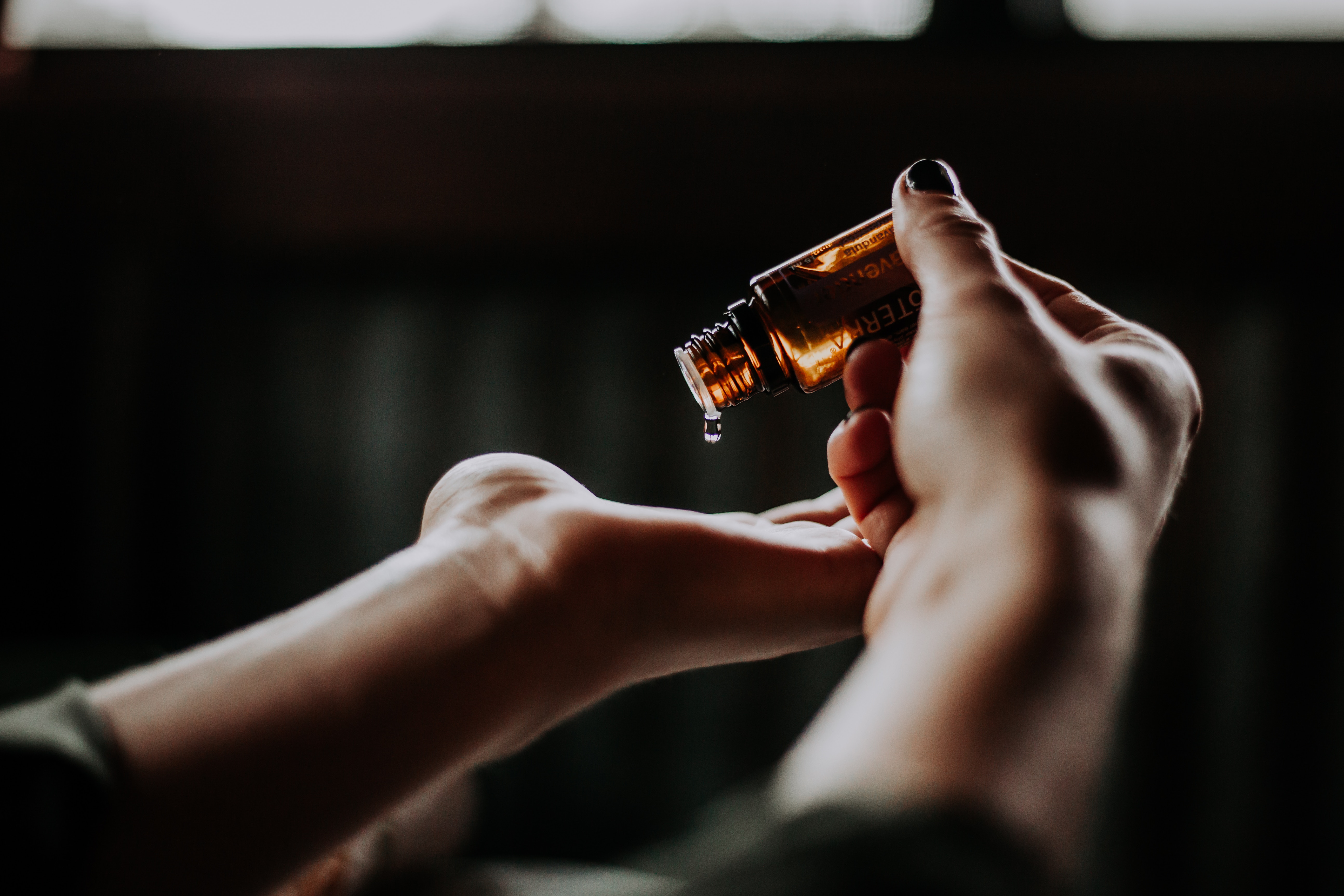 Once reserved for dispensaries, cannabis products are becoming increasingly mainstream. Popping up on supermarket and health store shelves as well as holistic wellness websites, CBD oils, tinctures and salves promise major health benefits. The latest wellness fad: improved exercise results. Can CBD improve fitness results?
Once reserved for dispensaries, cannabis products are becoming increasingly mainstream. Popping up on supermarket and health store shelves as well as holistic wellness websites, CBD oils, tinctures and salves promise major health benefits. The latest wellness fad: improved exercise results. Can CBD improve fitness results?
To understand how CBD is believed to impact workouts, it’s important to recognize what CBD is. Short for cannabidiol, CBD is one of more than 100 compounds called cannabinoids contained in cannabis. Similar in structure to endocannabinoids, which the body naturally produces (and may be responsible for runner’s high), cannabinoids are most well-known for their feel-good effects, explains registered dietitian Donna Shields, co-founder of the Holistic Cannabis Academy, an online education program for health professionals interested in the medical use of cannabis.
However, unlike tetrahydrocannabinol, or THC, not all of cannabis’s cannabinoids cause a psychoactive effect or “high,” Shields says. CBD counteracts these effects and may trigger multiple health benefits. The most intriguing advantage for exercisers is reduced inflammation, she says.
The Link Between Exercise, Inflammation and CBD
Any workout, especially a rigorous one, causes microscopic damage to the body’s muscles and tissues, explains Dr. Alan Beyer, sports medicine doctor and executive medical director of the Hoag Orthopedic Institute in California. It’s this inflammation that triggers the body’s repair processes, allowing tissues to grow back stronger and fitter. However, too much inflammation left unchecked can contribute to excessive muscle damage and poor workout results. Inflammation is also a hallmark of exercise injuries including strains and sprains, he says.
For this reason, exercisers commonly integrate anti-inflammatory measures – such as eating antioxidant-containing foods and taking ice baths – into their workout routines to aid the workout process. They also try to curb achy muscles and joints through the use of non-steroidal anti-inflammatory drugs, or NSAIDs, like ibuprofen, Beyer says.